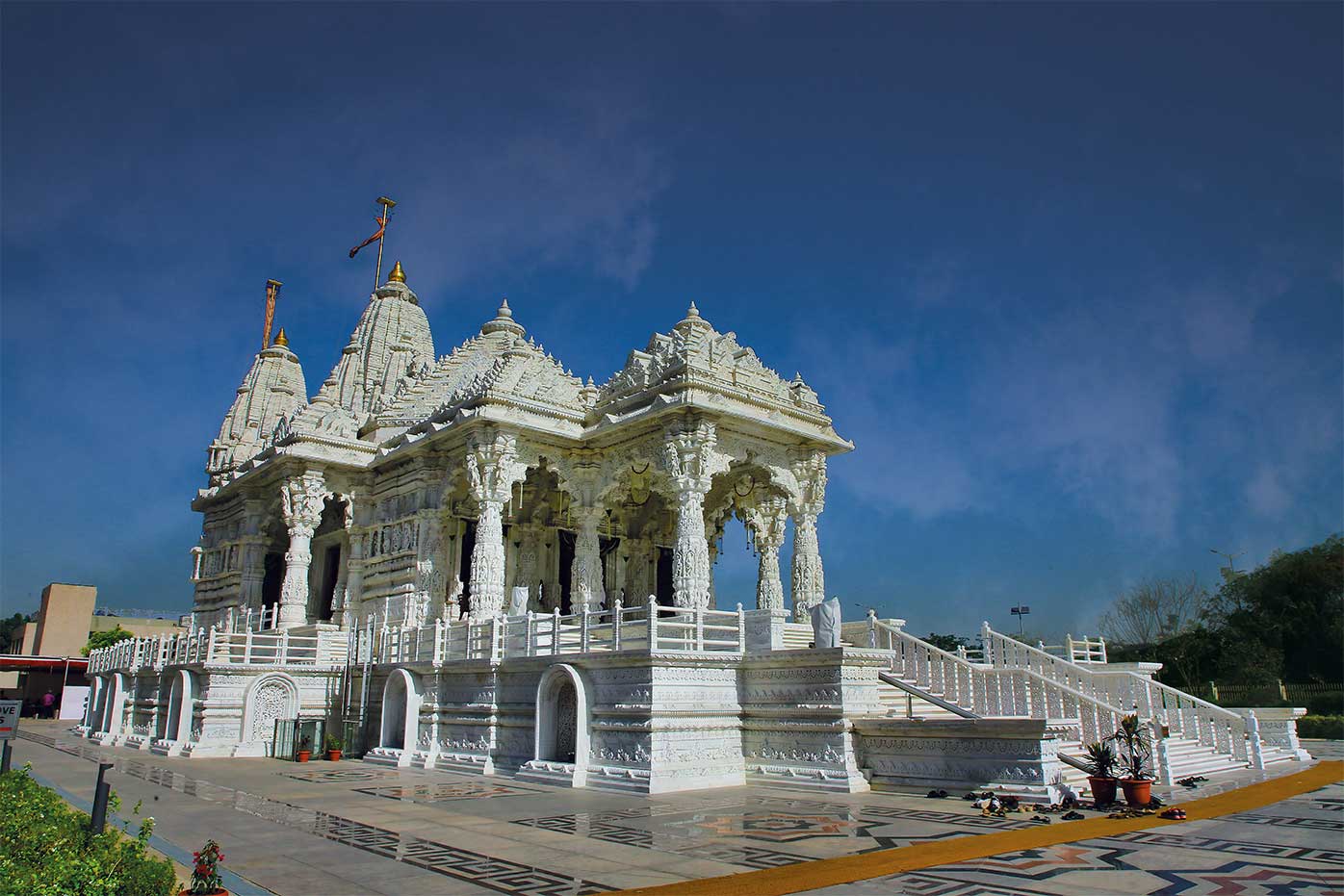Life is so Stressful Let us make Death Peaceful.
Every living being fears death. Human beings are also no exception to this fear of death. The very fears of death is enough to make any living being, however strong, feel miserable when the death approaches him at the end of his life. The Jain preceptors have thought of a unique way of overcoming this fear and, thereby, to overcome the attendant misery. They have made this inevitable event welcome by developing a state of mental equanimity at the time of death and actually approaching death voluntarily in such a state of equanimity. Samadhimaran is action of strong mind for Soul. The subject of Sallekhanā-santhara has been widely covered in the Acharang Sutra, Samvayang Sutra, Uttaradhyana Sutra. The oldest, authentic and first mention of Sallekhanā is found in Acharanga Sutra, which clearly says, When the death knocks at one’s door or when it becomes impossible to live with monastics propriety, righteousness, and dignity and without compromising one’s monastic vows, it is better to embrace voluntary death in accordance with scriptural dictates. The supreme object of ethical code of Jainism is to show the way for liberation of the soul from the bondage of Karma by cultivating the three jewels (ratnatraya), namely Right faith, Right knowledge and Right Conduct, which constitute the path to it. Santhara is the form of sacred vow, is a rightful conduct that is undertaken in order to achieve the penance which slowly liberates the soul.
It must involve “pure means.” It is a peaceful, voluntary, planned religious death, to be undertaken with full joy and calmness of mind. A person may have taken a vow to perform Sallekhanā well in advance, not knowing when the appropriate time would arrive, but when it does arrive, one seeks leave to do so from one’s teacher or mentor, engages in confession, self-censure, and the ritual of forgiving and asking forgiveness, and enters upon a course of fasting and renunciation that will end in death. Sallekhanā may be seen as the logical conclusion to a life dedicated to nonviolence and restraint. Death is not to be sought or wished for, nor may it be tainted by any overt desires concerning rebirth, but it is the expected and accepted outcome of these austerities. A request for leave to undertake Sallekhanā is not granted lightly; part of the teacher’s role is to determine whether a given individual has in fact attained the degree of spiritual development and discipline required for this sustained practice. Death is to occur while fully conscious, in a state of complete awareness, while in meditation.
The eternal truth about life and death is that one who is born dies too. Death, though inevitable, evokes highly diverse reactions amongst different sets of people. The Jain faith is rooted in right – conduct. It is therefore, in fitness of things that great emphasis is laid on the observance of right-conduct by its followers. The Jain emphasis on the primacy of conduct and penance in attaining spiritual emancipation has led to prescribing of highly rigorous monastic practices, very stringent code of conduct for its laity and severe penance as a means of shedding of accumulated karma matter from the soul and, hence, to purity it in order to attain spiritual emancipation and, ultimately, liberation.
Though incredibly detailed procedures have been given for the practice of the end-vows, they basically boil down to the following few steps:
- Detachment from the mundane existence and a strong desire to liberate and do whatever is necessary for achieving liberation.
- Premonition of death by the analyses of the Ristas or realisation that for one reason or the other the body has become weak enough to hinder the performance of one’s spiritual duties.
- Rise of a desire to embrace voluntary peaceful death.
- To confess, criticise, condemn one’s flaws in front of the supervising monk and atone for them by undertaking the expiation awarded.
- Undertaking external and internal austerities to weaken the body and the passions.
The Jain way of embracing voluntary peaceful death is generally by non-violent means and is divided into two clear parts- Sallekhanā. Which is the deliberate preparatory part and may extend from a period of twelve fortnights to twelve years and Samadhimaran, which is the end-practice part in the form of fasting unto death with some more observance, contemplations, and restrictions in order to destroy passions and karmic encumbrance.
At this point of time, I fell to talk more about Sallekhanā and understand and accept body with more enlighten ways. Let us understand Sallekhanā not as a manner of Death but we have to minimize our desires/physical passion so our journey towards Pure Soul can begin.
Sejal Shah

